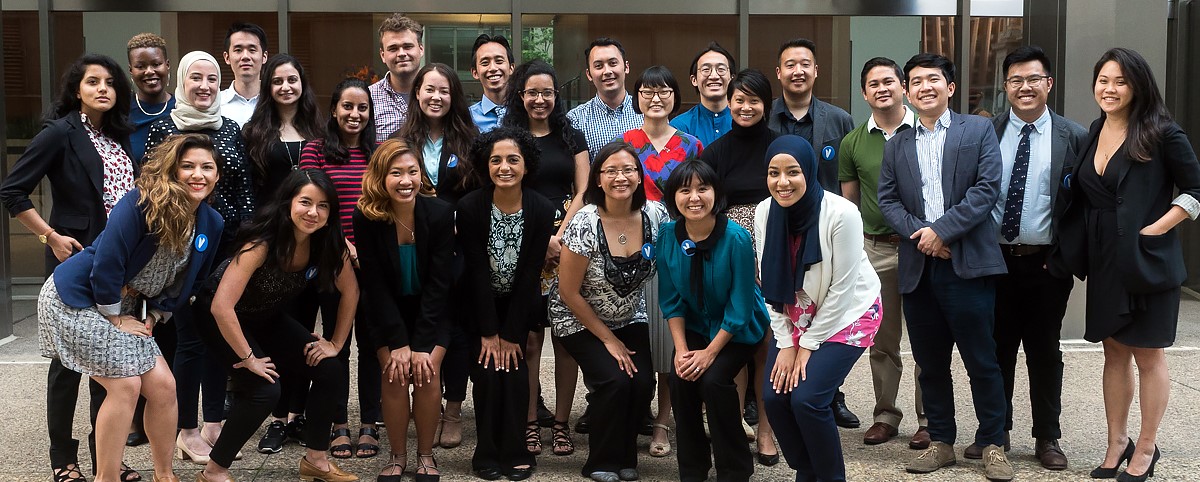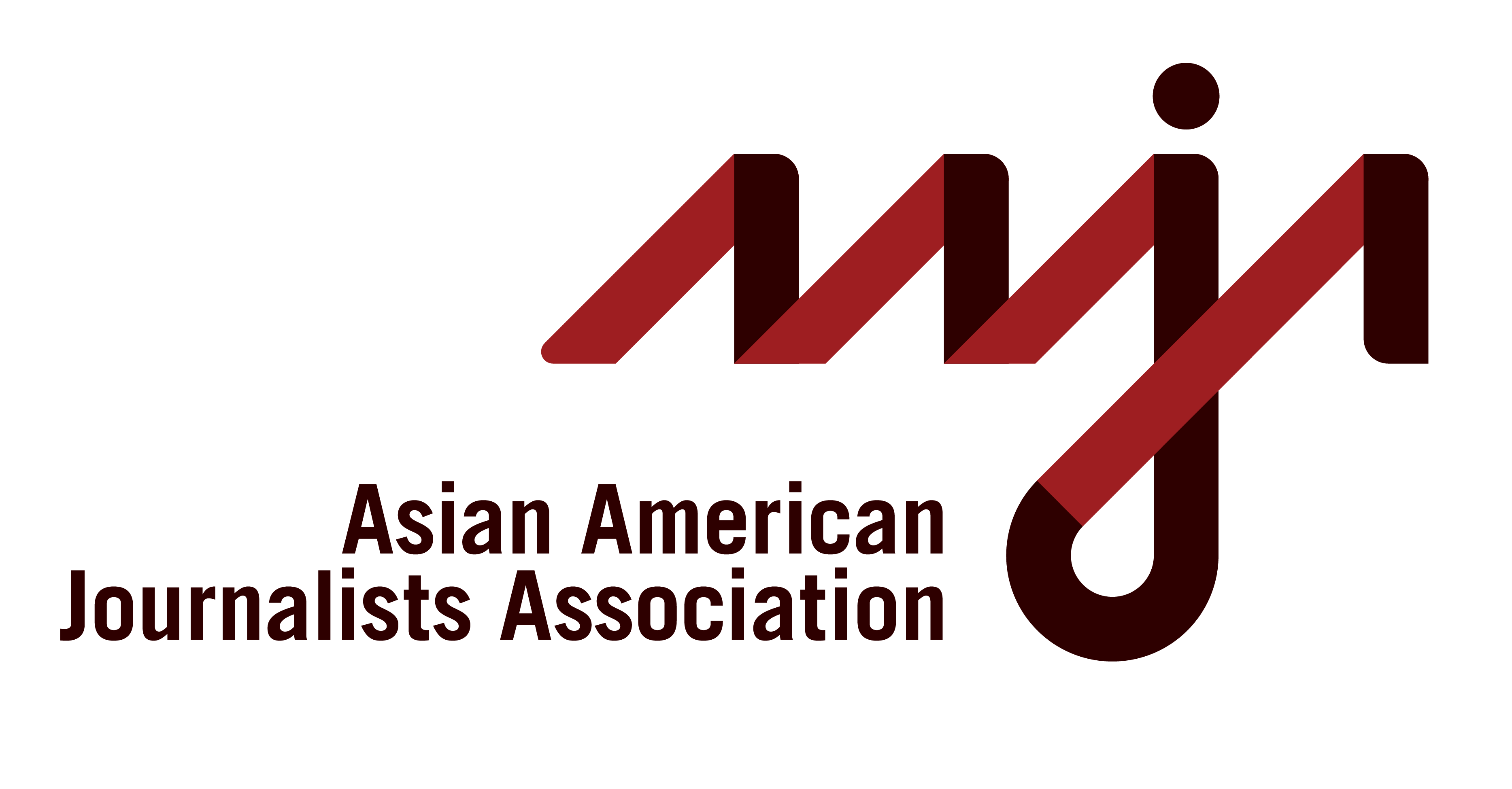The Asian American Journalists Association supports the South Asian Journalists Association’s guidance advising news organizations against using the term “India variant” or “Indian variant” when describing the new version of the Covid-19 virus that reportedly originated out of India:
Media advisory on the new Covid variant in India
The South Asian Journalists Association (SAJA) is advising news organizations against using the term “India variant” or “Indian variant” when describing the new version of the Covid-19 virus that reportedly originated out of India.
SAJA’s guidance is in keeping with best practices issued in 2015 by the World Health Organization (WHO), which warns that the naming of diseases, viruses or variants after the countries from which they originate could stigmatize the people living there.
SAJA recommends applying the same guidance to any current or future variants of the coronavirus that originate from other countries. As an alternative to “the South Africa variant,” for instance, the AP Stylebook suggests using “the variant first detected in South Africa.”
Over the years, certain disease names have provoked verbal, physical or social backlash against members of specific religious or ethnic groups. The most recent example is Covid-19, which was first detected in Wuhan, China. Health experts and advocates have directly connected terms like the “China virus” or “Wuhan virus” to the recent increase in hate crimes against Asian Americans.
SAJA encourages journalists to exercise care in their ongoing coverage of the coronavirus surge in India. As always, SAJA is available as a resource to foster fair and accurate coverage of the South Asian community.
Media contact:
Sabrina Malhi, SAJA social media coordinator
Email: communications@SAJA.org
In February 2020, AAJA issued a coverage guidance urging news organizations to exercise care in the coverage of the coronavirus outbreak, including discouraging the use of the term “Wuhan virus,” “China coronavirus,” or “Chinese coronavirus,” or any other term that uses geographic locations or refers to a population to describe the virus.
As always, AAJA is available to engage in dialogue to foster fair and accurate coverage of Asian American and Pacific Islander communities.



